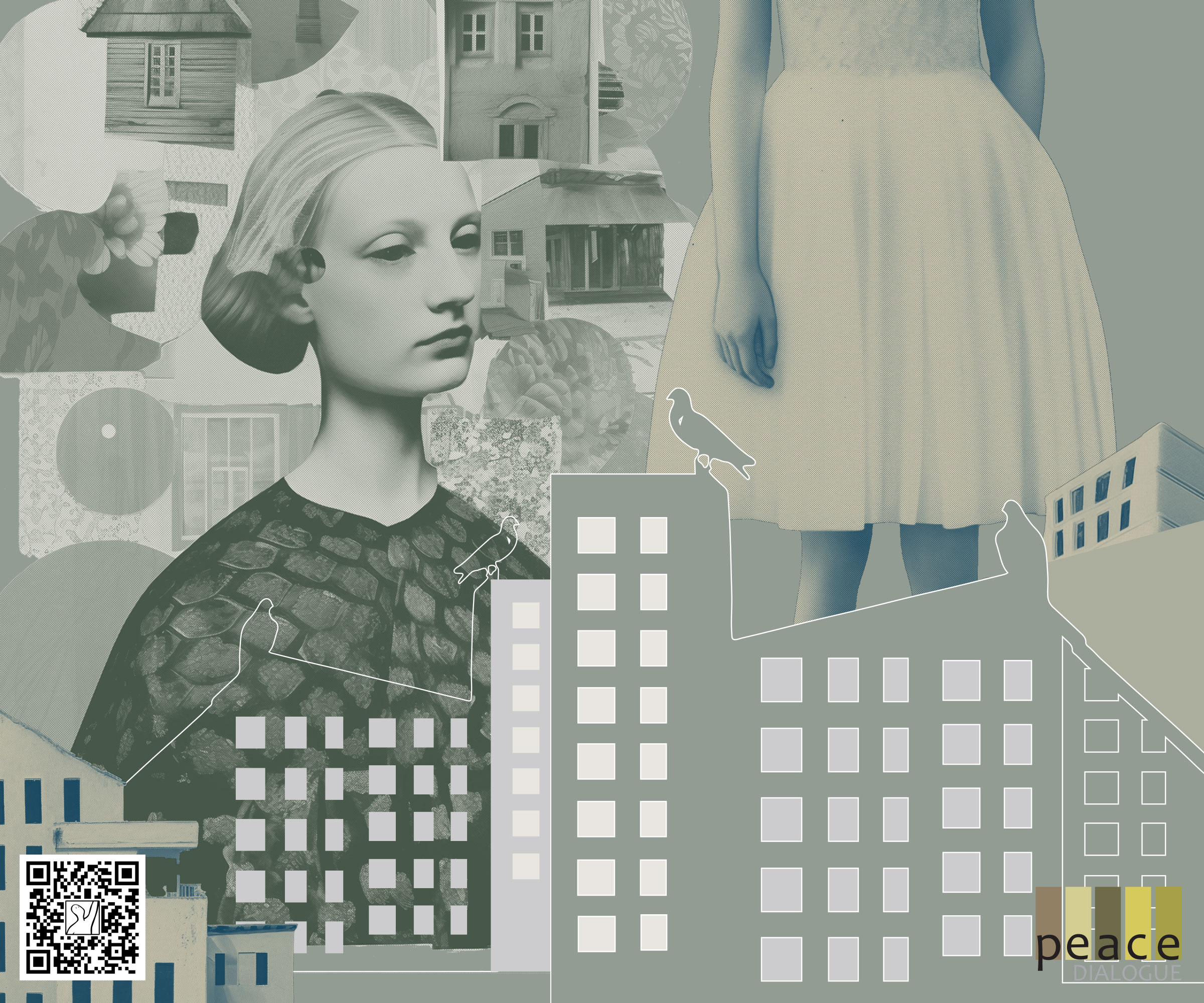
© 2025. ILLUSTRATION BY PEACE DIALOGUE NGO
“… Despite the challenging conflict dynamics, Peace Dialogue remains committed to fostering dialogue between representatives of societies across the conflict divide. Cross-border peace initiatives are a cornerstone of our work, fostering understanding, trust, and collaboration between communities on both sides of the conflict …”
EDGAR KHACHATRYAN,
PEACE DIALOGUE NGO, PRESIDENT
OPENING REMARKS
At Peace Dialogue, we have always believed that democracy is the foundation for lasting peace. For us, democracy is not just about governance or elections—it is a process that places human dignity, participatory justice, and inclusive dialogue at the heart of peacebuilding. It is a living and evolving commitment to fairness, accountability, and the empowerment of all voices, especially in societies fractured by conflict. Over the past two years, the political and geopolitical challenges in our region and beyond have tested this belief. Yet, we have witnessed the resilience of the people we serve, and it has strengthened our commitment to addressing these pressing issues. The transformative power of dialogue, advocacy, and collective action remains our guiding principle, even as the context of our work becomes increasingly complex and fragile.
The forced displacement of the Armenian population from Nagorno-Karabakh, combined with broader geopolitical turbulence—including the Russian aggression against Ukraine, political instability in Georgia, and other global challenges—has profoundly shaped our work and impacted the lives of those we support. These dynamics have reshaped perceptions of democracy and human rights, intensifying security concerns across Armenia and the South Caucasus region. As security grows increasingly fragile, many have begun to question whether democracy can truly provide safety, while authoritarian regimes promote narratives that glorify military might and seek to undermine democratic principles.
Peace Dialogue firmly rejects such notions, emphasizing instead that democracy’s true strength lies in its ability to unite people, foster trust, address grievances, and lay the foundation for lasting stability.
This fragile environment is further destabilized by the rise of conflict-supportive narratives, misinformation, and disinformation. These tools are increasingly used to manipulate vulnerable, conflict-affected societies, eroding trust in democratic values and institutions. Falsehoods are weaponized to attack democracy and human security, preying on people’s fears and deepening divisions. For those living in the aftermath of conflict, such tactics sow confusion and mistrust, making it harder to build resilience and solidarity. Countering these harmful narratives has become an essential part of our work, as we strive to show that truth and transparency are the pillars of peace.
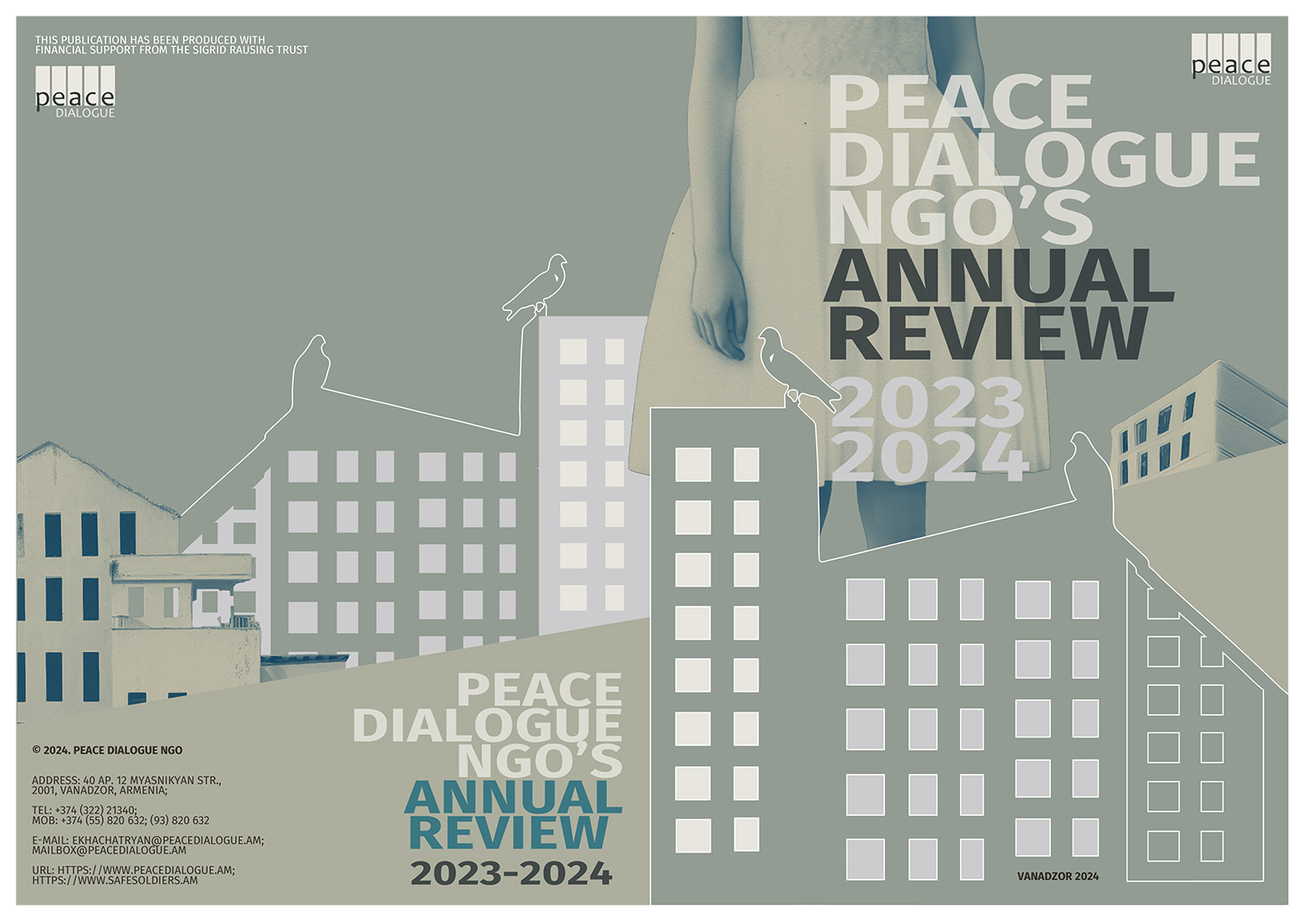
In 2023-2024, we focused on three core priorities: addressing systemic challenges in the defense sector, fostering inclusive peacebuilding efforts, and empowering communities, particularly youth.
We have worked to address human rights issues in Armenia’s defense sector, including non-combat deaths, ill-treatment, and the lack of effective support systems for consripts and larger military personnel. These issues reflect deeper vulnerabilities that demand urgent reforms. Our advocacy has centered on ensuring transparency, accountability, improved psychological and legal support, and creating safer, more dignified conditions for those serving in the armed forces.
Our peacebuilding efforts have been shaped by the urgent need to amplify the voices of conflict-affected communities. The displacement from Nagorno-Karabakh has left countless individuals grappling with profound loss and uncertainty, making it even more critical to address their needs in peace and conflict-related policies. Despite the challenging conflict dynamics, Peace Dialogue remains committed to fostering dialogue between representatives of societies across the conflict divide. Cross-border peace initiatives are a cornerstone of our work, fostering understanding, trust, and collaboration between communities on both sides of the conflict.
In addition to cross-border efforts, we have also created spaces for meaningful national dialogue, engaging stakeholders at all levels—government officials, civil society organizations, and international partners. By focusing on security, welfare, freedom, and identity, we aim to craft solutions that genuinely reflect the lived realities of those most deeply affected by conflict.
Empowering local communities, and specifically youth, remains central to our mission. In a world where democratic values are increasingly under threat, we recognize the importance of nurturing critical thinking and active participation in young people. By encouraging them to view democracy not as a distant ideal but as a personal and communal responsibility, we aim to cultivate a generation that values inclusivity, dialogue, and justice. Through workshops, grassroots initiatives, and regional programs, we have sought to inspire young people to become vital actors in democracy and peace, countering narratives that seek to diminish these ideals.
We also recognize that the broader global context—the normalization of authoritarian practices, the glorification of military power, and the undermining of international norms—has added layers of complexity to our work. These dynamics challenge perceptions of democracy and human rights, often leaving people disillusioned and fearful. Peace Dialogue remains steadfast in demonstrating that democracy is not a weakness but a profound strength. It is a framework for resilience, collaboration, and hope, offering societies the tools to navigate uncertainty and rebuild after conflict.
Democracy is not an abstract ideal—it’s a living, breathing process that requires constant care and attention. Through our efforts, we strive to demonstrate that peace is possible when justice, compassion, and human dignity are placed at the center of our work. There’s still so much work ahead, but we believe in the path we’ve chosen. Together, with the courage to face uncomfortable truths and the commitment to act on them, we can build a future where democracy doesn’t just promise peace—it delivers it. This belief drives us every day and gives us hope for Armenia, the South Caucasus, and beyond.
![]() See full publication under the link below:
See full publication under the link below:
THROUGH DEMOCRACY TO LASTING PEACE: PEACE DIALOGUE NGO’S ANNUAL REVIEW | 2023 – 2024 (Adobe PDF, 7.8 Mb)
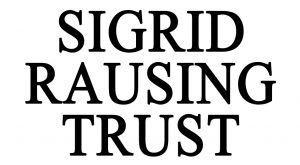
THIS PUBLICATION HAS BEEN PRODUCED
WITH FINANCIAL SUPPORT FROM
THE SIGRID RAUSING TRUST
Read More on Annual Reports


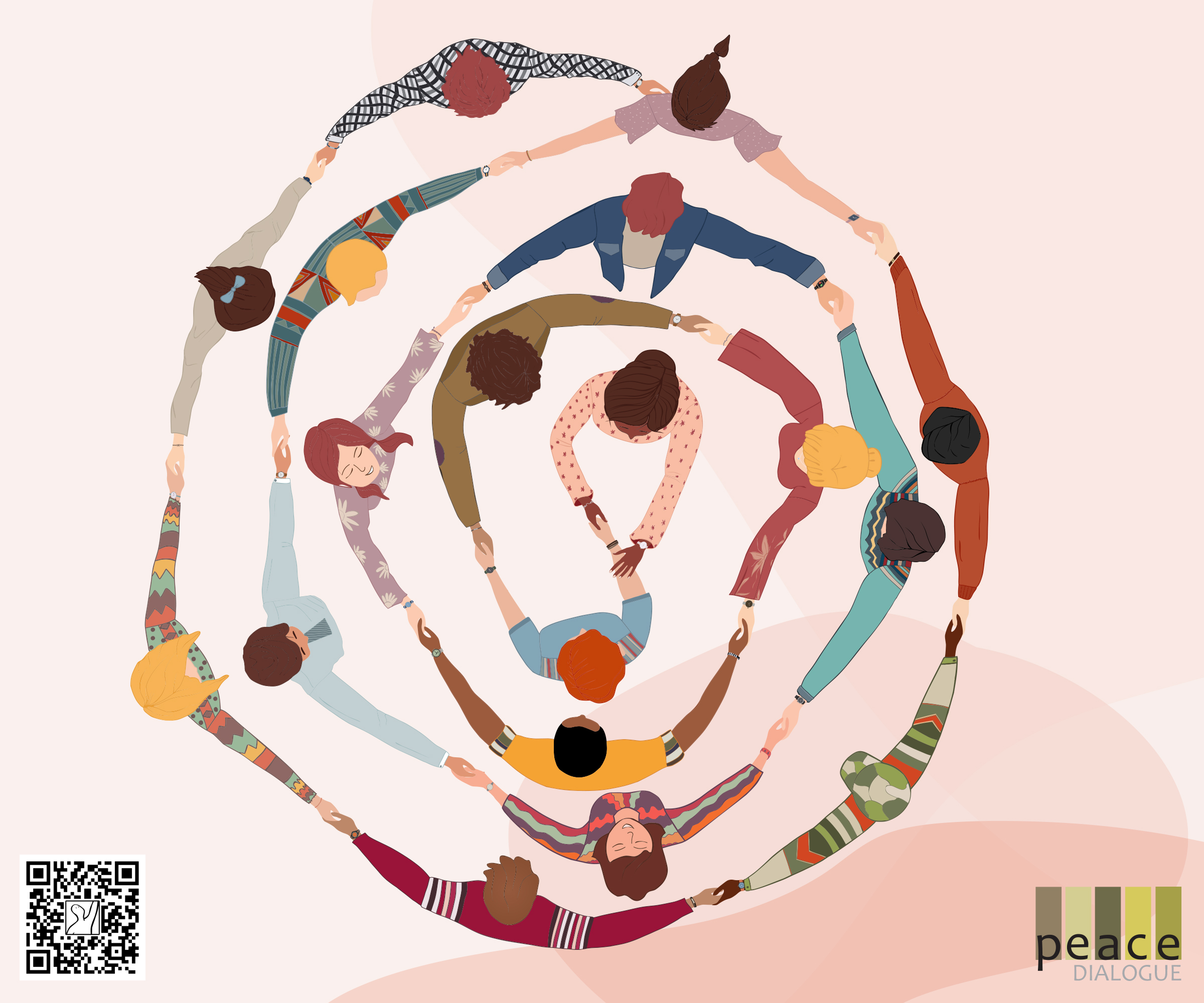
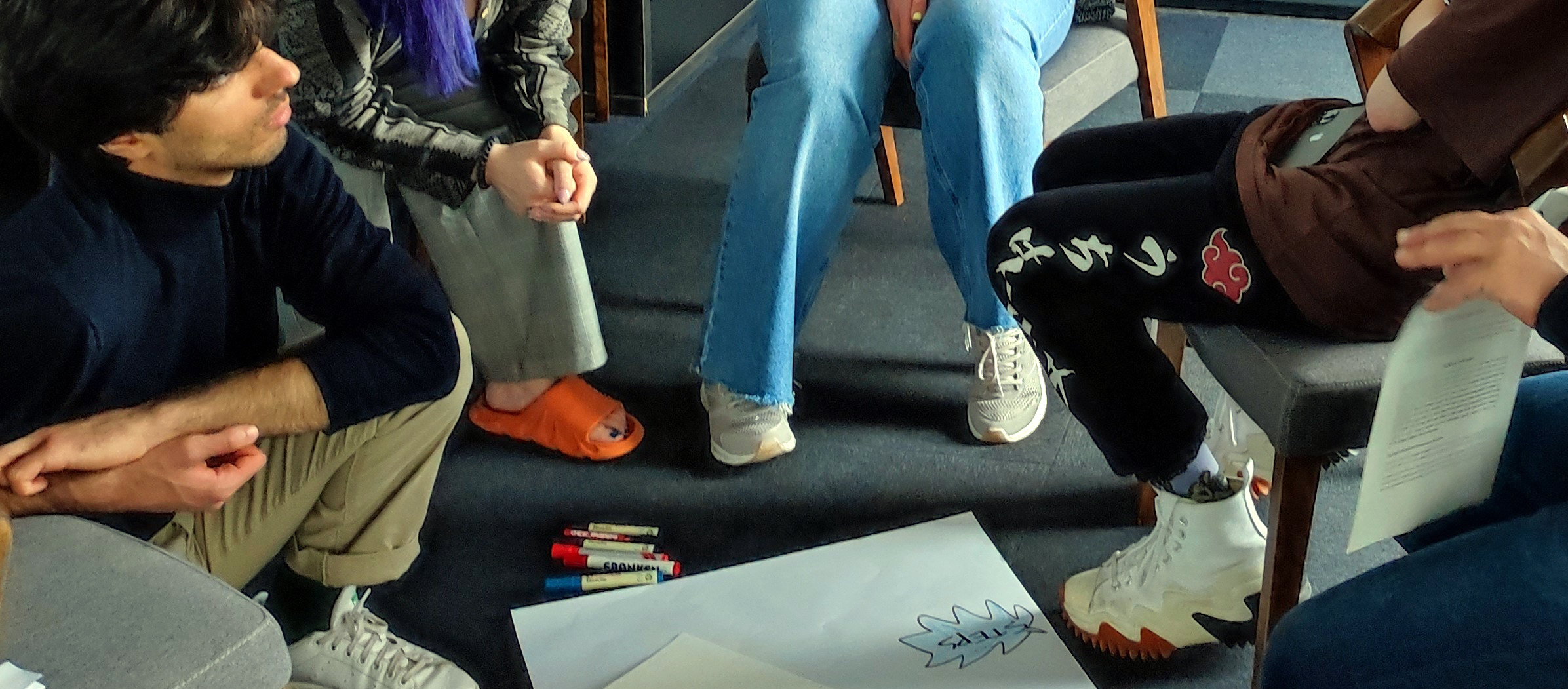

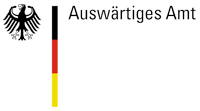
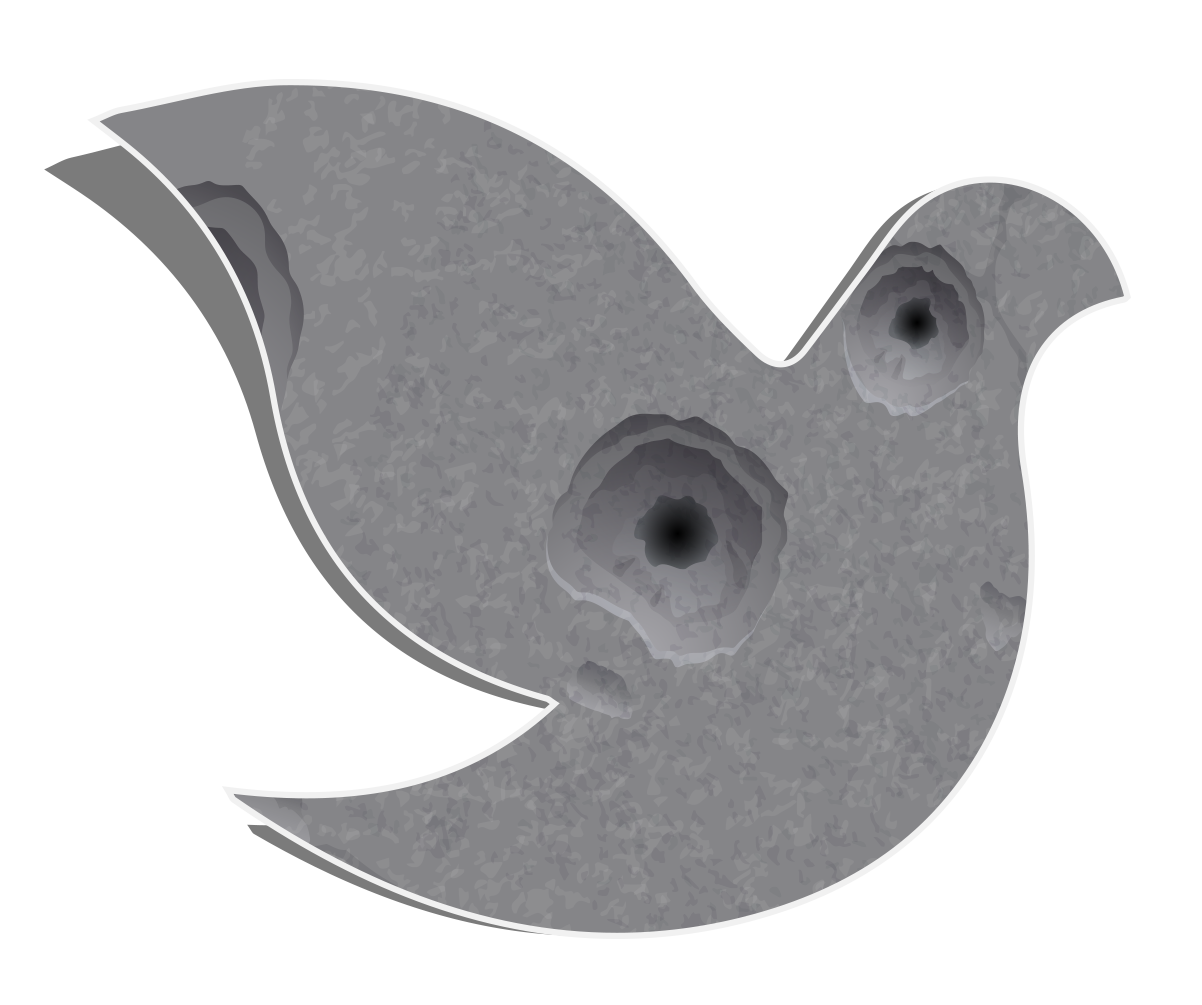 “…Peace, first of all, is the absence of war. It comes most probably from my context, and the environment where I live. But also, peace is when a person does not feel constantly intimidated but protected both in terms of security and law. All this is peace for me…”
“…Peace, first of all, is the absence of war. It comes most probably from my context, and the environment where I live. But also, peace is when a person does not feel constantly intimidated but protected both in terms of security and law. All this is peace for me…”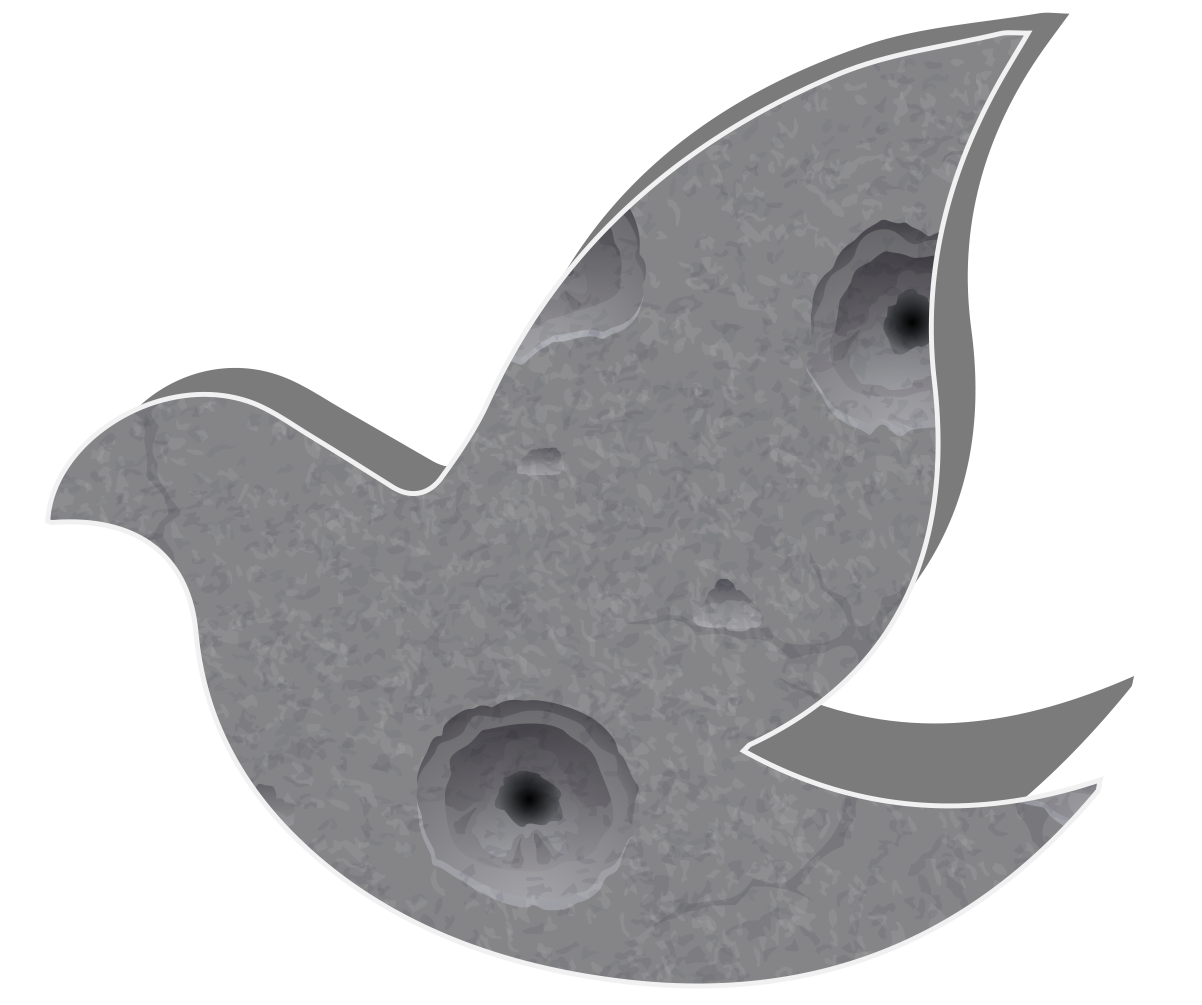 Today peace organizations and activists in Armenia and Azerbaijan are under high pressure. On the political level they’re struggling between marginalization and the danger of being captured by political interests. Their political leverage is rather small, squeezed between national power games and, as in the case of Azerbaijan, a rather hostile attitude toward civil society as a whole. For the activists, it is difficult to assert themselves as independent political actors. They suffer from isolation and speechlessness towards their own societies.
Today peace organizations and activists in Armenia and Azerbaijan are under high pressure. On the political level they’re struggling between marginalization and the danger of being captured by political interests. Their political leverage is rather small, squeezed between national power games and, as in the case of Azerbaijan, a rather hostile attitude toward civil society as a whole. For the activists, it is difficult to assert themselves as independent political actors. They suffer from isolation and speechlessness towards their own societies.

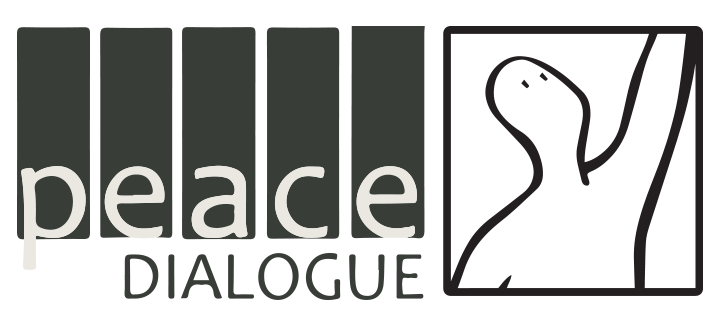

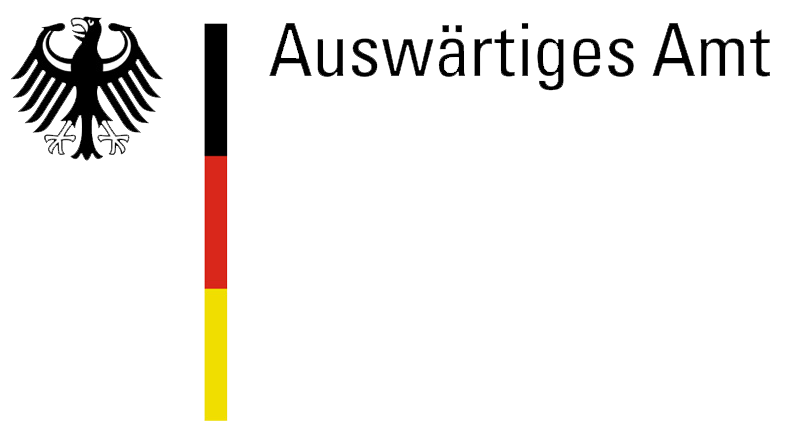
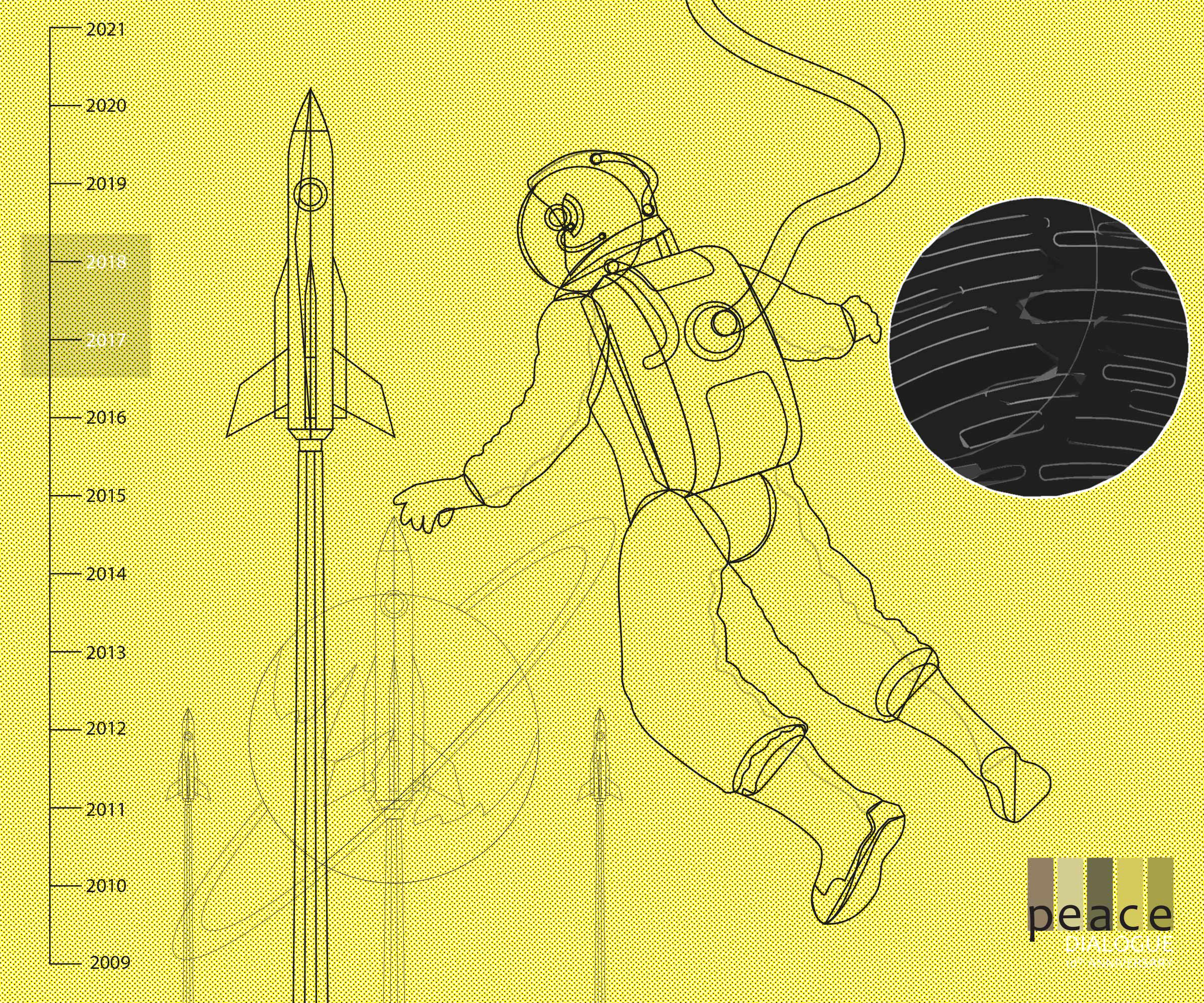
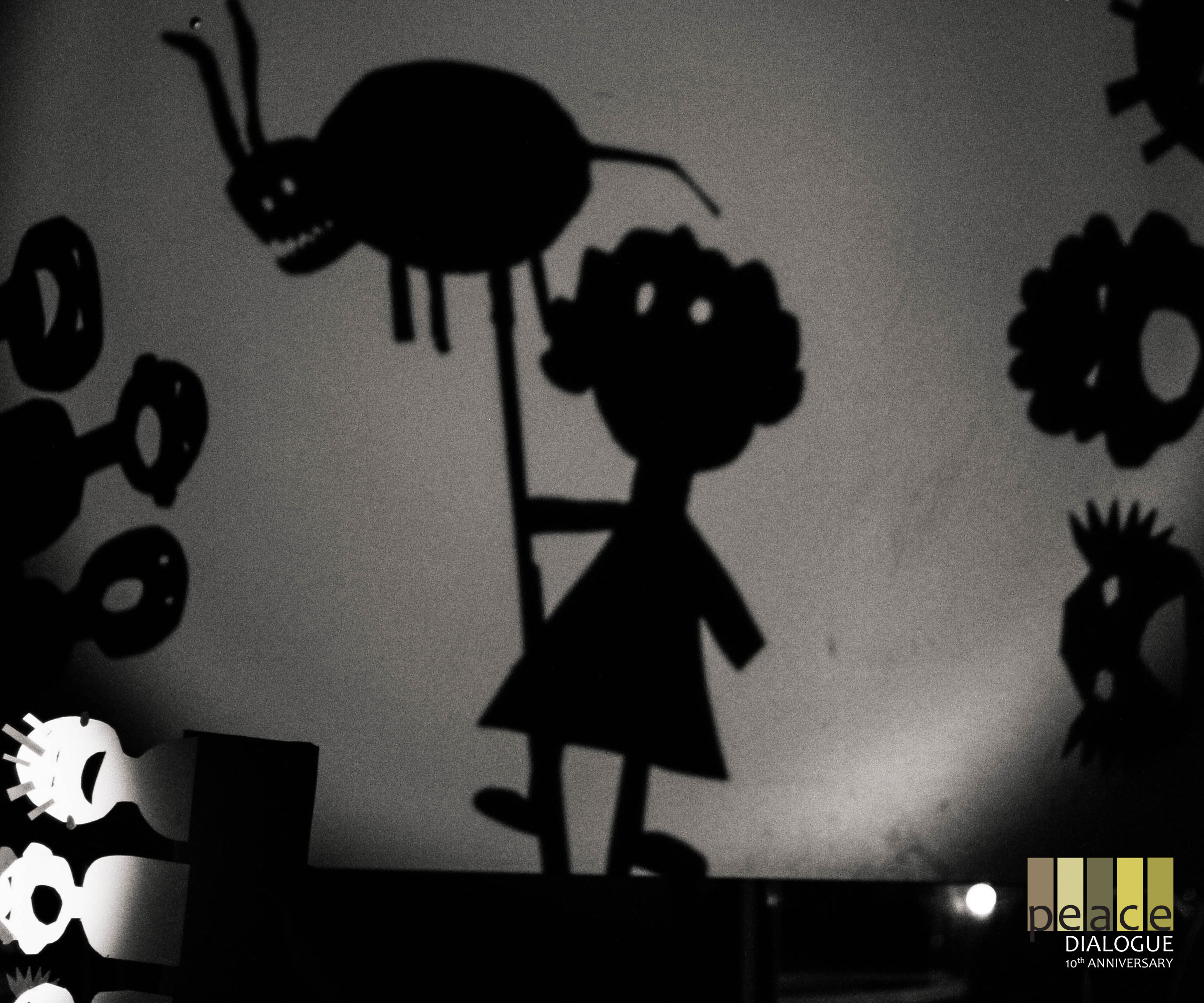
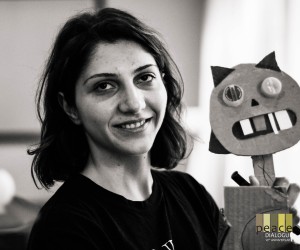
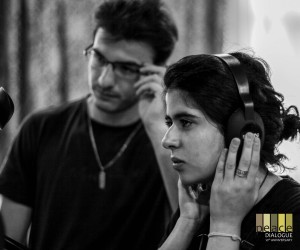
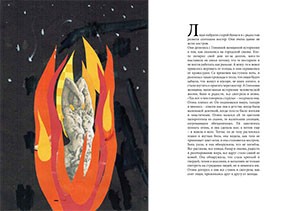
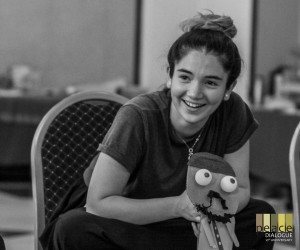
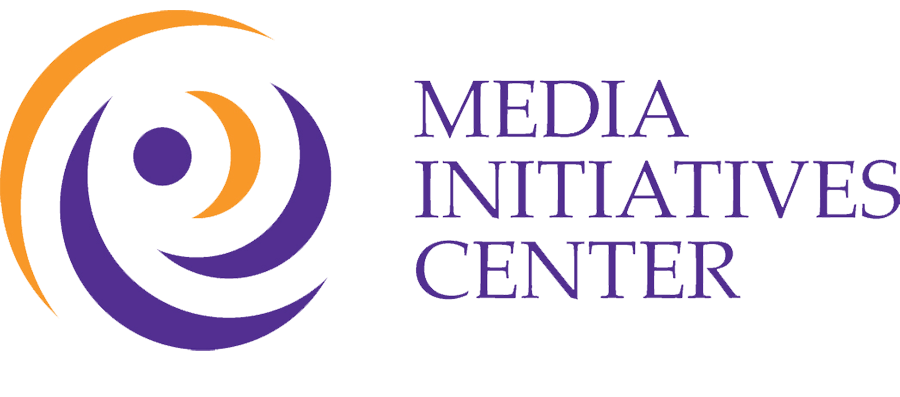 The Project’s media products have been created with the technical assistance of the
The Project’s media products have been created with the technical assistance of the 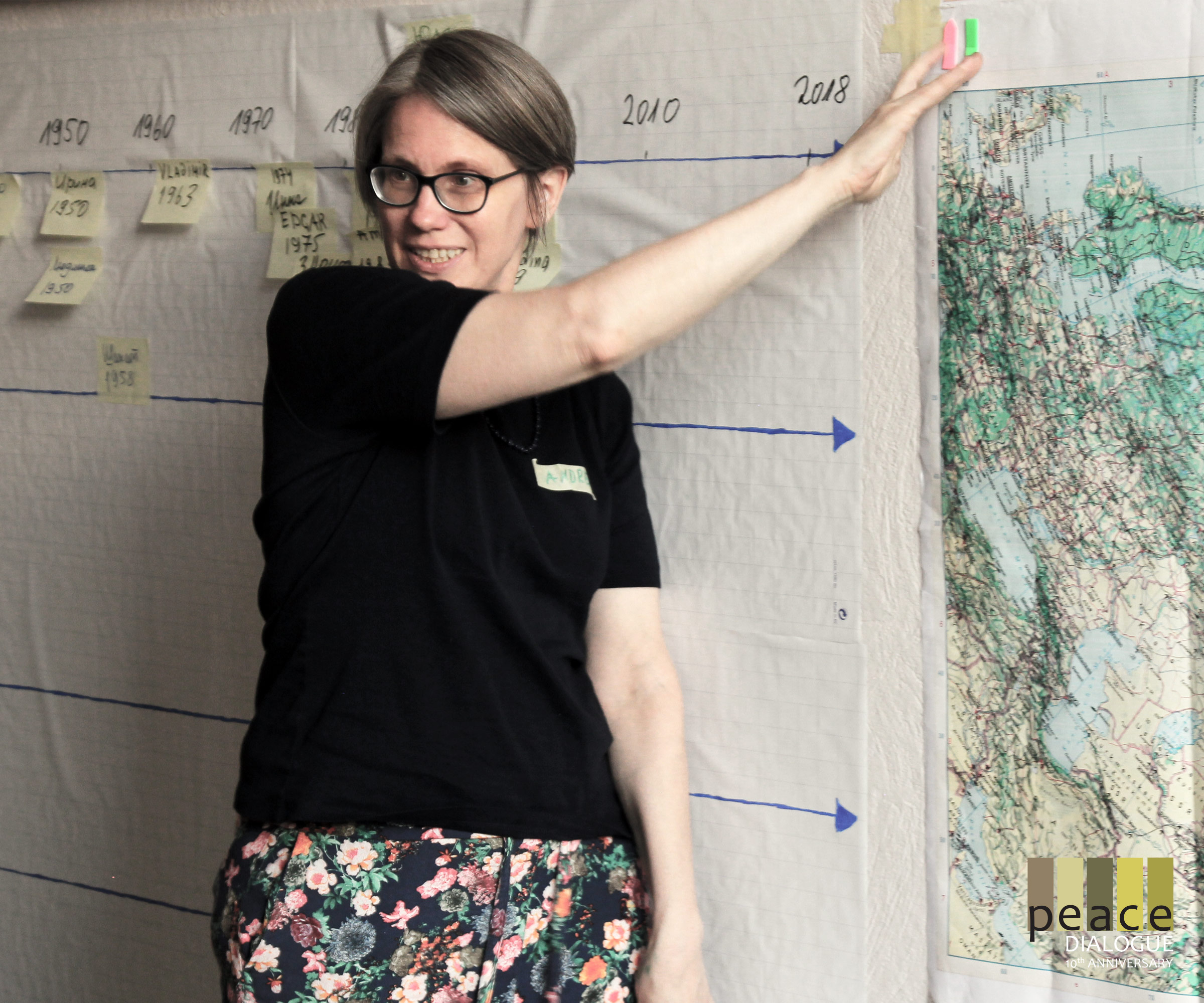
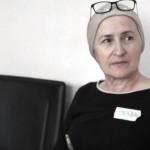 According to official numbers, more than 496,000 people were forcibly evicted from Chechnya and Ingushetia by Stalin’s regime in 1944. The official documents state that 411,000 people were sent to Kazakhstan and 86,000 to Kyrgyzstan. Other sources put the number much higher, at over 650,000. Chechen historians claim that about 400,000 people died during the deportation.
According to official numbers, more than 496,000 people were forcibly evicted from Chechnya and Ingushetia by Stalin’s regime in 1944. The official documents state that 411,000 people were sent to Kazakhstan and 86,000 to Kyrgyzstan. Other sources put the number much higher, at over 650,000. Chechen historians claim that about 400,000 people died during the deportation.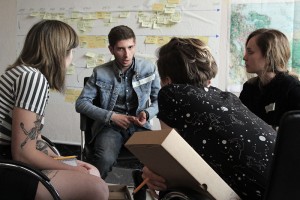 Along with other civil society representatives from Chechnya and Ingushetia, Hava was one of the participants of the workshop “Dialogue across history and memories” that was held in Tbilisi from May 16 to 21, 2018 in the framework of the project “
Along with other civil society representatives from Chechnya and Ingushetia, Hava was one of the participants of the workshop “Dialogue across history and memories” that was held in Tbilisi from May 16 to 21, 2018 in the framework of the project “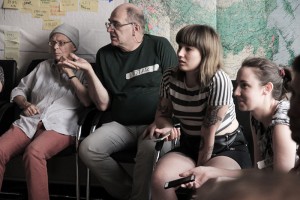 Many modern studies, striving to understand the role of historical memorialization in identity building processes, reflect on the role of collective memory as linking element between individual memories and official history. One of its functions is to inform the present generation about their “responsibilities” emanating from past events.
Many modern studies, striving to understand the role of historical memorialization in identity building processes, reflect on the role of collective memory as linking element between individual memories and official history. One of its functions is to inform the present generation about their “responsibilities” emanating from past events.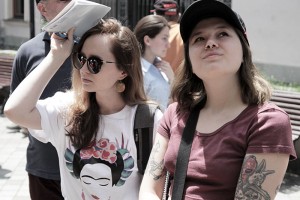 While planning the workshop, the organizers from SINTEM decided to invite representatives of different generations and professional backgrounds: students, history teachers, representatives of NGOs, etc, for the participation in this event. In total 28 people from Chechnya, Ingushetia as well as interested representatives of the ARENA network from Ukraine, Russia, Georgia, Azerbaijan and Armenia took part in the workshop.
While planning the workshop, the organizers from SINTEM decided to invite representatives of different generations and professional backgrounds: students, history teachers, representatives of NGOs, etc, for the participation in this event. In total 28 people from Chechnya, Ingushetia as well as interested representatives of the ARENA network from Ukraine, Russia, Georgia, Azerbaijan and Armenia took part in the workshop.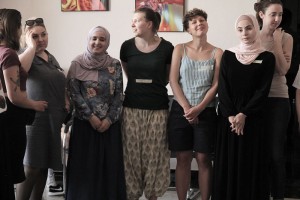 It was an innovative feature of the workshop, that it combined the work with history and memories with another methodology called
It was an innovative feature of the workshop, that it combined the work with history and memories with another methodology called 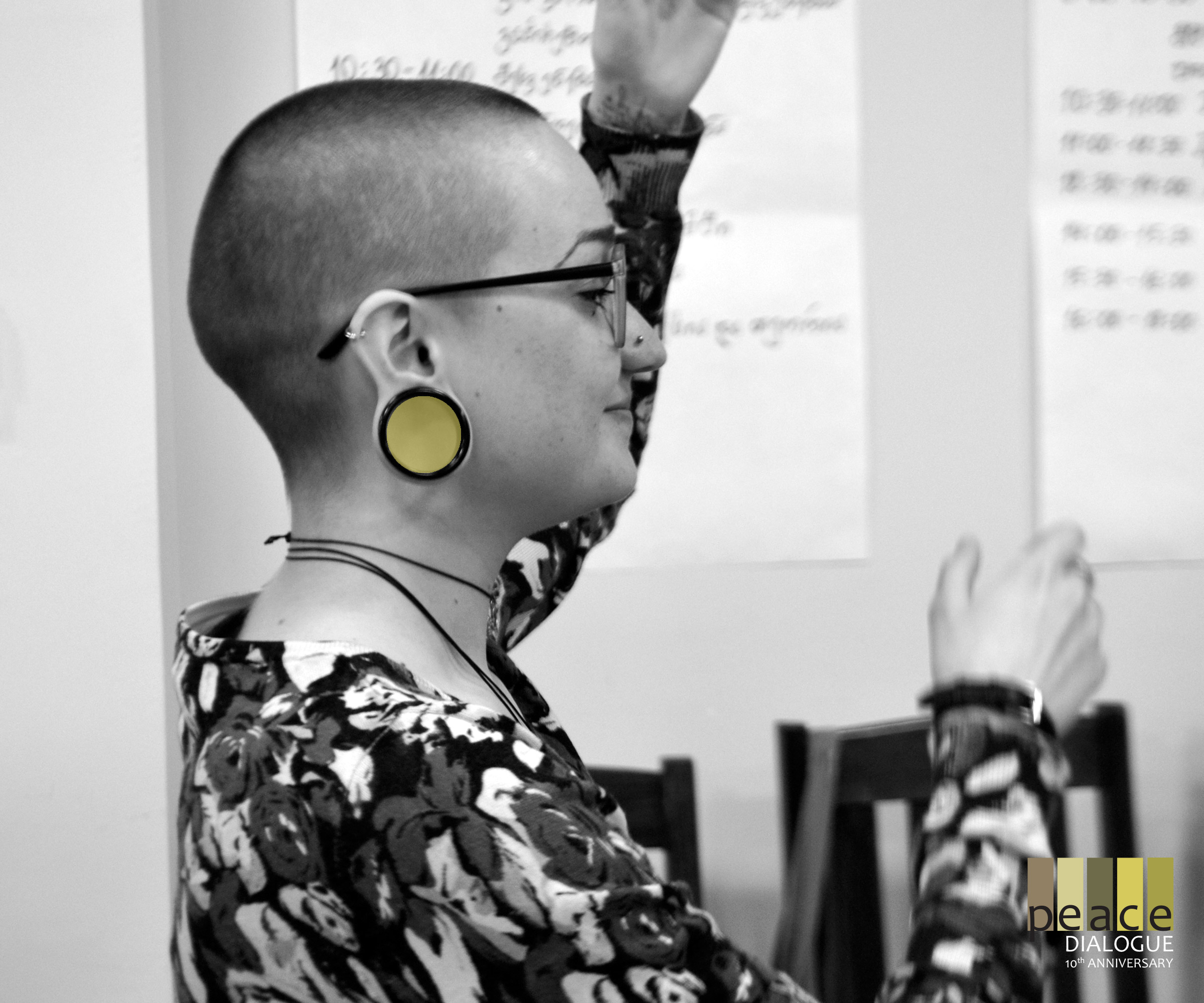
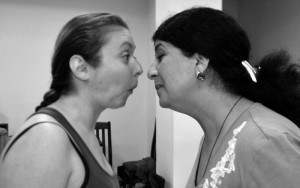 In 2018 ARENA strives to support the network members in implementing activities derived from their strategies. This four-day workshop was one of the activities supported by the project team.
In 2018 ARENA strives to support the network members in implementing activities derived from their strategies. This four-day workshop was one of the activities supported by the project team.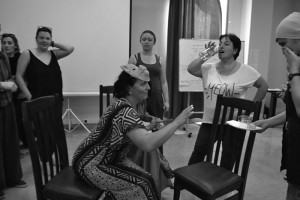 Using various artistic means of the Theatre of the Oppressed and storytelling techniques,the participants of the workshop, reflected on their own experiences with culturally and socially defined gender roles. The participating women also shared different experiences of discrimination, violence and injustice that motivate the activists to create mutual support mechanisms and look for possibilities of transformation. Discrimination of girls in schools, sexual harassment in public spaces, selective abortion of female babies and domestic violence were the most important issues that were discussed.
Using various artistic means of the Theatre of the Oppressed and storytelling techniques,the participants of the workshop, reflected on their own experiences with culturally and socially defined gender roles. The participating women also shared different experiences of discrimination, violence and injustice that motivate the activists to create mutual support mechanisms and look for possibilities of transformation. Discrimination of girls in schools, sexual harassment in public spaces, selective abortion of female babies and domestic violence were the most important issues that were discussed.